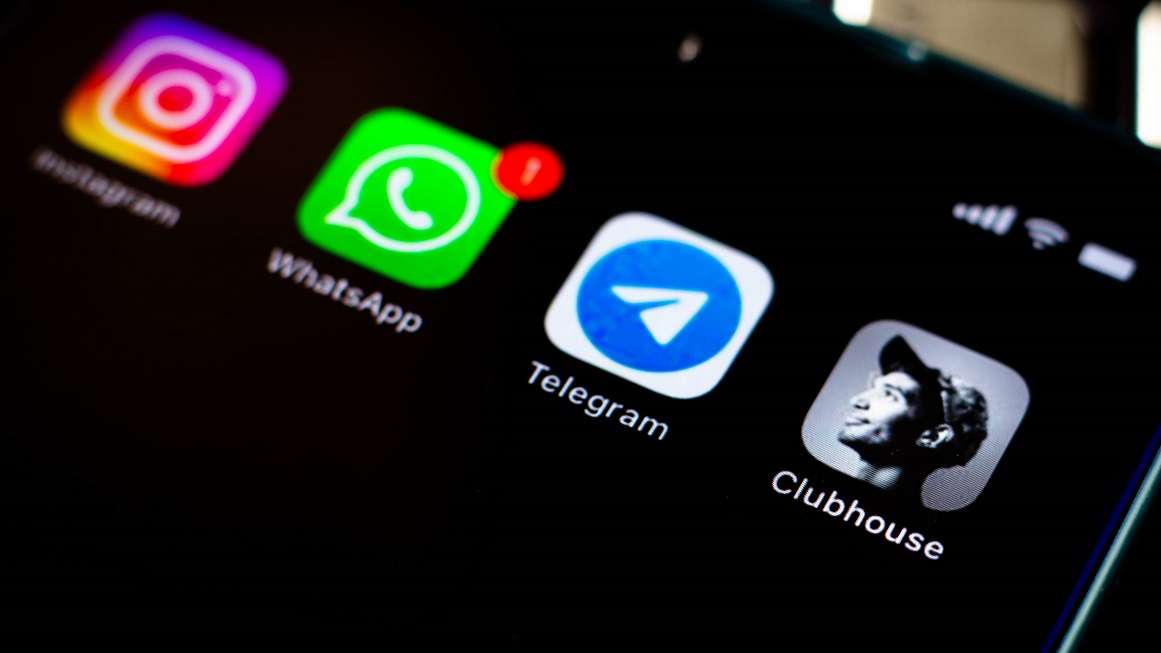Encrypted messaging is dangerous because it enables contacts among racists and extremists, argues the Southern Poverty Law Center (SPLC) in a recent feature. The piece, though, fails to demonstrate that hiding data from prying eyes is bad in itself, making its emphasis on encryption odd. It's a choice that can only feed into escalating campaigns by governments and their security services to mandate access to private communications, potentially compromising the civil rights that the SPLC supposedly champions.
"Far-right extremists and white supremacist terrorists have embraced Telegram as their platform of choice, signaling a shift away from these groups' traditional methods of organizing and toward a dangerous future defined by leaderless resistance and 'lone actor' terrorism," Hannah Gais and Megan Squire argue in "How an Encrypted Messaging Platform is Changing Extremist Movements," published by the SPLC on February 16. "In addition to enabling the spread of propaganda, Telegram's built-in features also facilitate recruitment by making it easy for extremists to set up public or private encrypted discussion groups," they add.
"On Privacy Day, European end-to-end encrypted services ProtonMail, Threema, Tresorit and Tutanota are calling on EU policy makers to rethink proposals made in December's Council Resolution on Encryption," the four companies announced on January 28. "While it's not explicitly stated in the resolution, it's widely understood that the proposal seeks to allow law enforcement access to encrypted platforms via backdoors. However, the resolution makes a fundamental misunderstanding: encryption is an absolute, data is either encrypted or it isn't, users have privacy or they don't."
The resolution to which they responded, published in December 2020, called for "security through encryption and security despite encryption" and complained "there are instances where encryption renders access to and analysis of evidence extremely challenging or impossible in practice." It added that "Competent authorities must be able to access data in a lawful and targeted manner" in a signal that the European Union favors encryption only if it doesn't inconvenience government snoops.

 reason.com
reason.com
"Far-right extremists and white supremacist terrorists have embraced Telegram as their platform of choice, signaling a shift away from these groups' traditional methods of organizing and toward a dangerous future defined by leaderless resistance and 'lone actor' terrorism," Hannah Gais and Megan Squire argue in "How an Encrypted Messaging Platform is Changing Extremist Movements," published by the SPLC on February 16. "In addition to enabling the spread of propaganda, Telegram's built-in features also facilitate recruitment by making it easy for extremists to set up public or private encrypted discussion groups," they add.
Despite the headline and brief mentions of Telegram's encryption features, the bulk of the article examines the app's utility for mass organizing. The authors also object to Telegram's allegedly permissive attitude towards extremists and the ease with which such groups dodge restrictions. The article, then, is a complaint about the ease with which evolving technology allows even unsavory people to connect with one another, mixed with a guilt-by-association smear of encryption at a time when it's under renewed assault by the powers that be."On Privacy Day, European end-to-end encrypted services ProtonMail, Threema, Tresorit and Tutanota are calling on EU policy makers to rethink proposals made in December's Council Resolution on Encryption," the four companies announced on January 28. "While it's not explicitly stated in the resolution, it's widely understood that the proposal seeks to allow law enforcement access to encrypted platforms via backdoors. However, the resolution makes a fundamental misunderstanding: encryption is an absolute, data is either encrypted or it isn't, users have privacy or they don't."
The resolution to which they responded, published in December 2020, called for "security through encryption and security despite encryption" and complained "there are instances where encryption renders access to and analysis of evidence extremely challenging or impossible in practice." It added that "Competent authorities must be able to access data in a lawful and targeted manner" in a signal that the European Union favors encryption only if it doesn't inconvenience government snoops.

Support Encryption for Everybody or Place Your Faith in Government Snoops
Government agencies have repeatedly proven themselves to be abusive.
